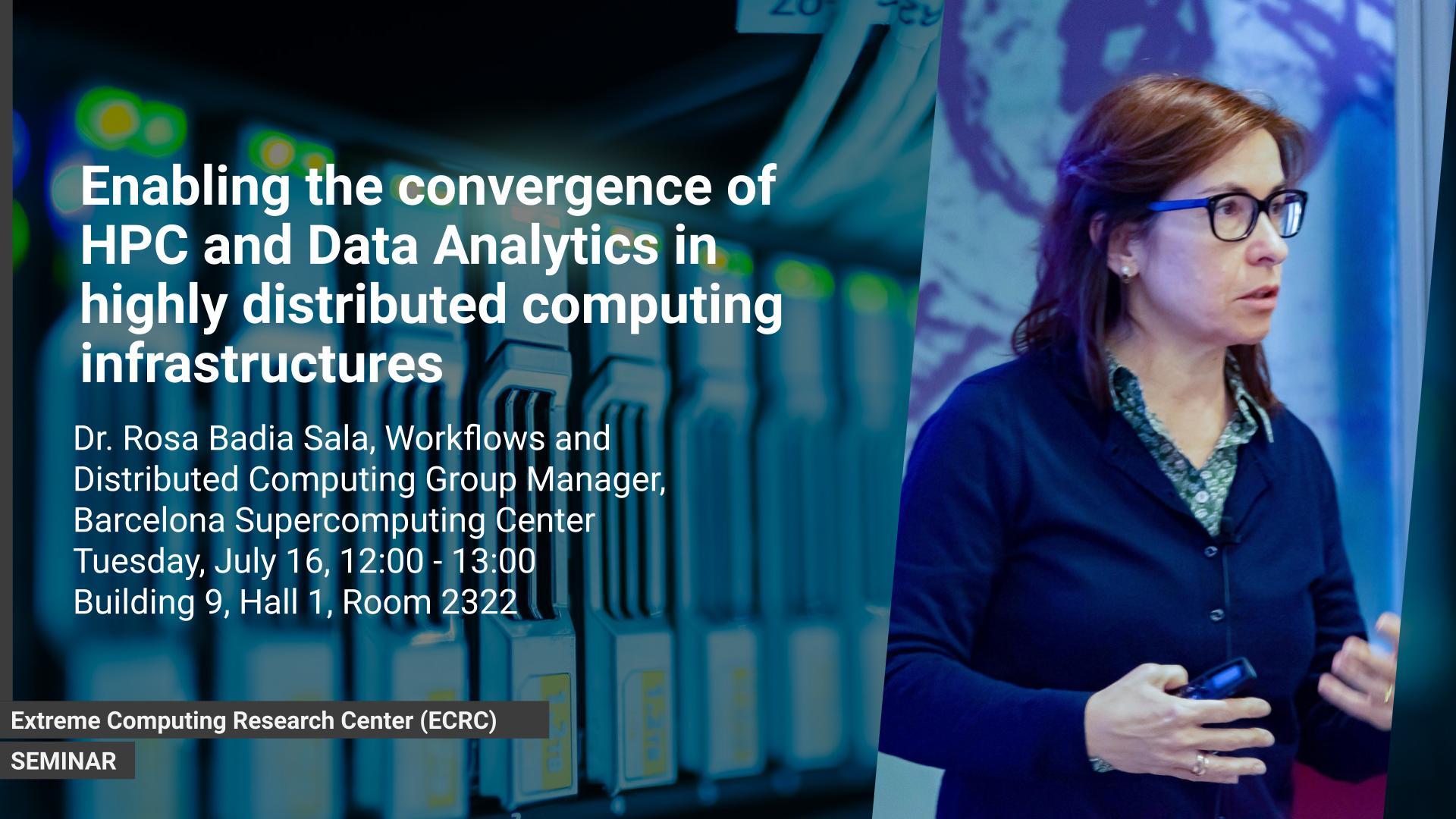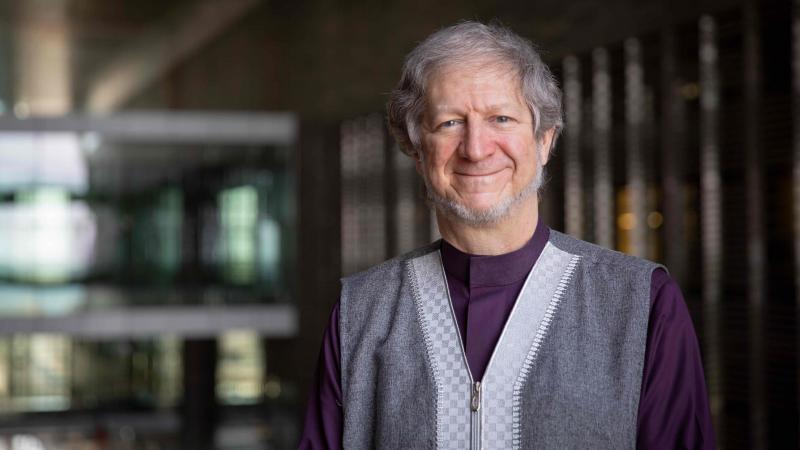Abstract
Current computing infrastructures are evolving from traditional systems to environments that involve sensors, edge devices, instruments, and high-end computing power in the cloud and HPC systems. A key aspect is how to describe the applications to be executed in such platforms. Very often these applications are not standalone, but involve a set of sub-applications or steps composing a workflow. The scientists then rely on effective environments to describe their workflows and engines to manage them in complex infrastructures.
COMPSs is a task-based programming model that enables the development of workflows that can be executed in parallel on a distributed computing platform. The workflows that we currently support may involve different types of tasks, such as parallel simulations (MPI) or analytics (i.e., written in Python thanks to PyCOMPSs, the Python binding for COMPSs). COMPSs, through a storage interface, makes transparent the access to persistent data stored in key-value databases (Hecuba) or object-oriented distributed storage environments (dataClay).
While COMPSs has been developed from its early times for highly distributed environments, we have been extending it to deal with more challenging environments, with edge devices and components in the fog, which can appear and disappear.
Brief Biography
Rosa M. Badia holds a PhD on Computer Science (1994) from the Technical University of Catalonia (UPC). She is the manager of the Workflows and Distributed Computing research group at the Barcelona Supercomputing Center (BSC). Her current research interests are programming models for complex platforms (from edge, fog, to Clouds and large HPC systems). The group led by Dr. Badia has been developing StarSs programming model for more than 10 years, with a high success in adoption by application developers. Currently the group focuses its efforts in PyCOMPSs/COMPSs, an instance of the programming model for distributed computing including Cloud. The group is extending the model to be able to consider edge devices that offload computing to the fog and to the cloud. Dr. Badia has published nearly 200 papers in international conferences and journals. Her group is very active in projects funded by the European Commission and in contracts with industry.
Refreshments
Brown Bag Lunch will be served.

